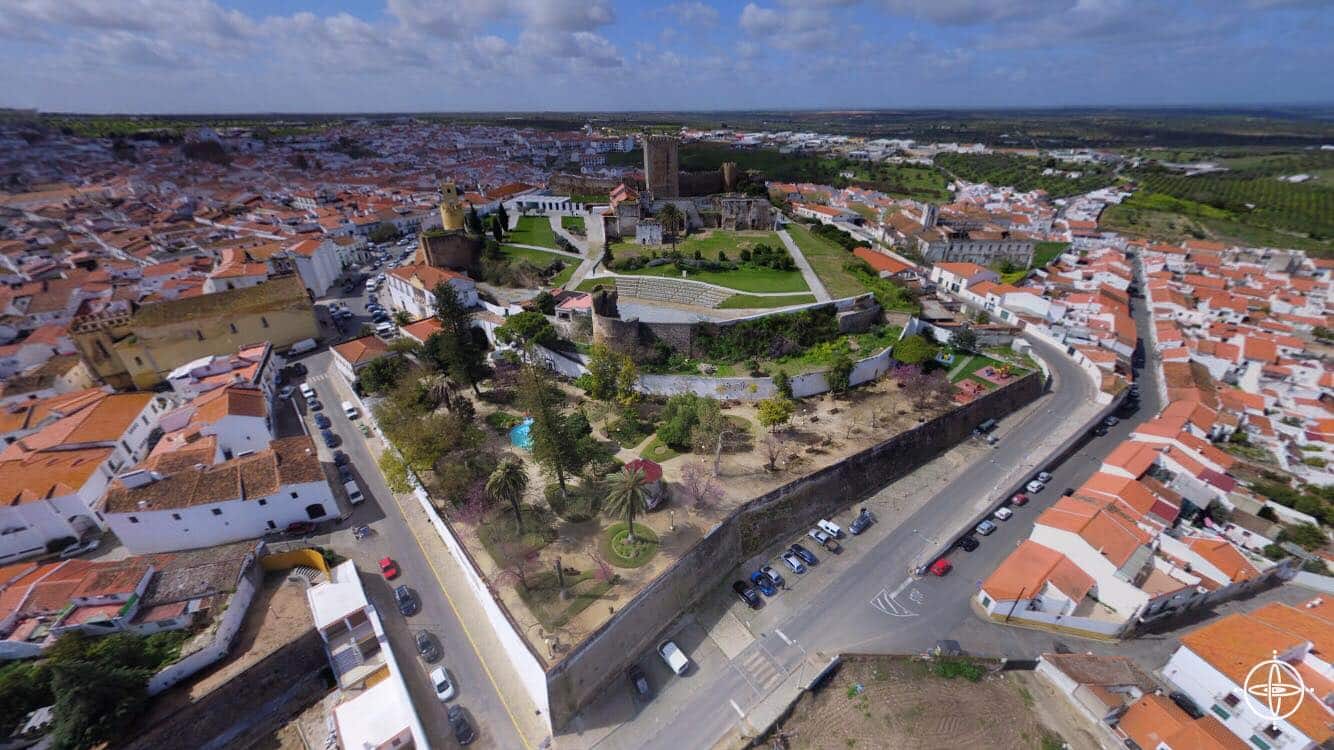LuxOEnergy aims to develop and create innovative products
The world’s first factory to simultaneously produce flexible photovoltaic panels and lithium batteries is already up and running in the town of Moura, in the Portuguese district of Beja, following an investment of €5 million.
Speaking to Lusa news agency, Miguel Matias, manager co-founder of LuxOEnergy, said the factory hired its first 15 employees and started production at the end of last year.
“From what we know, we have set up the world’s first hybrid solar panel and battery factory, with European patents, which we can now develop and even create innovative products,” he said.
The LuxOEnergy unit – which involved support from the Alentejo 2020 regional programme – occupies the premises of the old Moura solar factory (MSF), which closed in January 2019.
Created in August of that same year, the company that owns the new factory was the result of a partnership between Portuguese group Lux and Miguel Matias himself.
According to Matias, who has specialised in the energy sector for 25 years, the project sought to create a “completely innovative” unit “from scratch”.
The last four years have involved a lot of market research to find “the right technological partners”.
“Both the battery technology and the solar technology are European,” he tells Lusa, adding that LuxOEnergy has Austrian company DAS Energy as partners for the solar side of the undertaking, and Swedish company Anodox for the batteries.
With regard to the photovoltaic panels being produced in Moura, Miguel Matias emphasised that “the biggest differentiator is the flexible and very light technology“, which allows them to be installed in “previously impossible places”.
“They have the same power, capacity and efficiency as traditional panels, but they are 10 times lighter and can be installed on top of any building, be it a football stadium, a train station or even on trains and lorries,” he explained.
LuxOEnergy’s focus on battery production is due to the need to store energy, “either to charge cars at the time that makes the most sense or to support photovoltaic solar power plants.
“And also because of the prospect of having lithium in Portugal,” because “it was important to start building the value chain so that when we extract the lithium, we can have somewhere to apply it, and not have to sell the raw material,” he went on.
As well as starting production, the company is also involved in the mobilising agenda funded by the PRR (Plan for Recovery and Resilience Plan – the EU bazooka funds for post pandemic economic recovery), which aims to develop the country’s battery cluster.
In this context, he revealed, LuxOEnergy has projects underway elsewhere in the region, one at Évora’s Alentejo Science and Technology Park (PACT) and another with a renewable energy community, also in Évora.
As for the factory in Moura, Miguel Matias adds that the 15 employees were all hired from the old MSF factory, which has allowed his company to “retain know-how”.
“If we have a lot of orders, as we hope, we may need more people (…) the plan is to have around 40 employees over the next two years,” he said.
LuxOEnergy will sell its products in Portugal and is also looking at “Spain and also Portuguese-speaking African countries and Brazil, which are natural export markets for these technologies”.
Source: LUSA


























